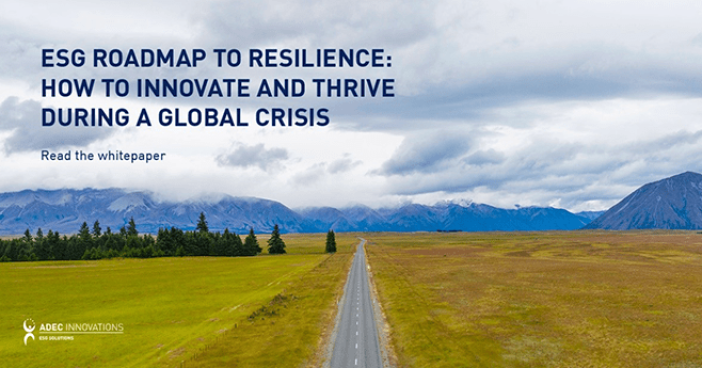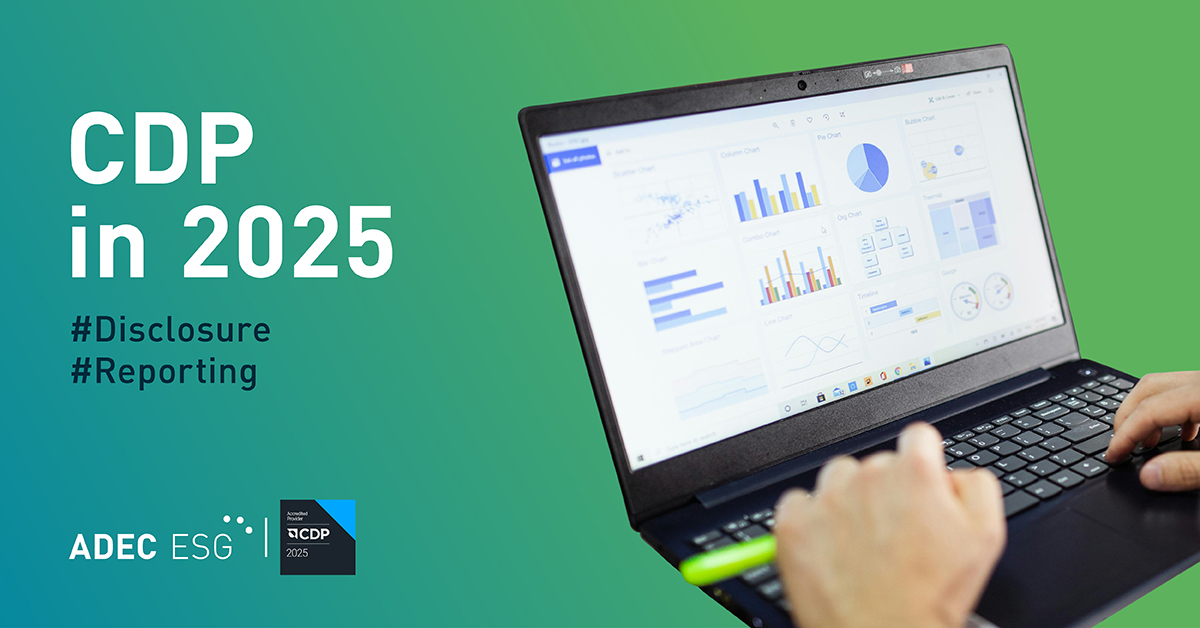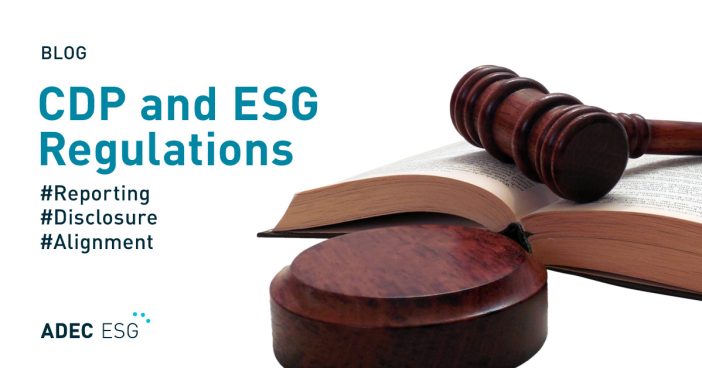In addition, how do you provide a supportive and inclusive culture where employees feel safe and valued? How do you ensure your business can survive office shutdowns and supply chain disruption? How do you create business resiliency for the long-term?
Why is ESG so important to building resiliency?
These questions are urgent right now, and as we look forward to when we have conquered a global pandemic and implemented social change, we must realize this will not be the last time we face global adversity. Leveraging current uncertainties to better prepare for unpredictable future events involves defining an ESG Roadmap, and presents an opportunity to evaluate your organization, providing innovative operational changes that will create business adaptability, business resiliency, and success.
Overwhelmingly, companies with strong ESG policies are weathering the current storm better than those without.
This may not be an intuitive connection for some, as ESG is more commonly associated with environmental, climate change, and human rights factors. What does ESG have to do with a global pandemic, and how can ESG principles help your company bounce back? When you evaluate the types of policies, values, and processes that make up a solid ESG strategy, the guiding principles logically lend themselves to overall business resiliency, across all areas of your business.
A key theme is recognizing, preparing for, and mitigating risk, and those that have established their ESG roadmap and gone through this planning stage are much better positioned to smoothly adapt and recover, as opposed to those organizations that are forced to react to challenges as they come. Understanding risk and taking action to mitigate those risks can help your organization in several ways.
Investors and other stakeholders are also keeping an eye on the development and implementation of your ESG strategy.
ESG factors have a material impact on long-term risk and return on investment, and are incorporated into risk mitigation, compliance, and investment strategies. Investors also use ESG criteria as a framework to evaluate companies, screen investments, and assess risk in investment decision-making. According to The Financial Times, companies with strong ESG standards often outperform those without, as poor risk management and corporate governance are often correlated with weaker financial performance.
Companies that can create value for stakeholders while managing ESG risks, opportunities, and programs gain the support of stakeholders and policymakers, as well as the market. In fact, managing those ESG risks and opportunities can create value as well. Understanding your company holistically and building an ESG Roadmap will empower you to face whatever comes next.
Getting started on your ESG Roadmap.
Where to begin? As ESG principles support resilient strategies, creating an ESG Roadmap will help align your revenue with positive environmental and societal impact. ADEC ESG provides services to help you measure, develop, and implement an ESG Roadmap, no matter where you are on your sustainability journey.
Download our FREE white paper, ‘ESG Roadmap to Resilience: How to Innovate and Thrive During a Global Crisis’, for more guidance on how your organization can build a resilient, sustainable strategy for the future.




